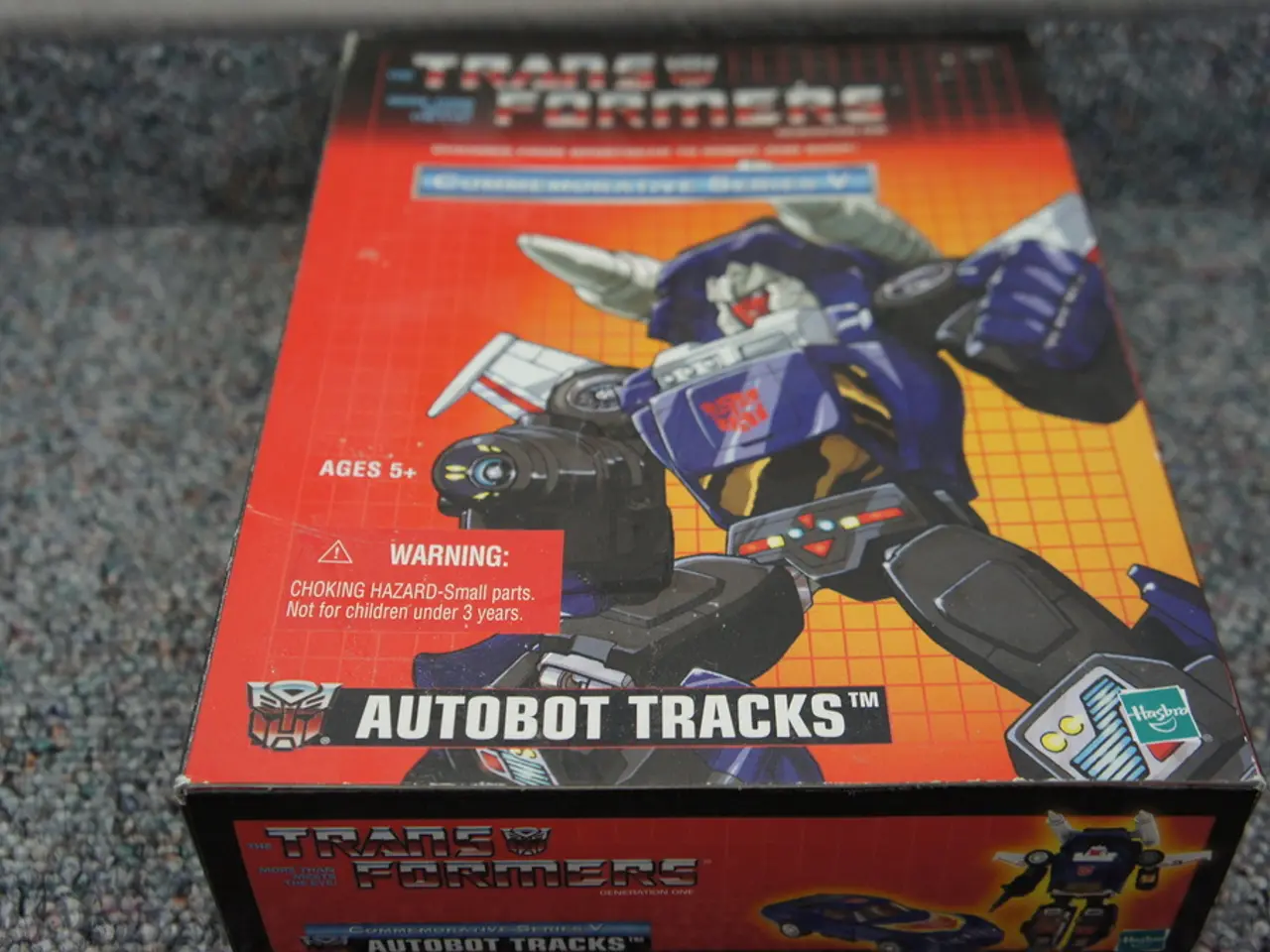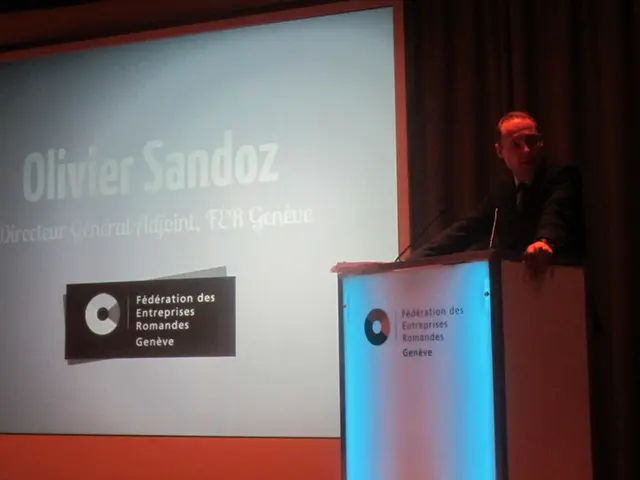The impending landscape of legal disputes in trucking sector is shaping up to be an intense competition of specialized knowledge.
The widespread adoption of semi-autonomous trucking systems is significantly transforming commercial transportation litigation, introducing complex legal challenges due to the integration of advanced technology. This shift, driven by the integration of AI and sensors, results in new liability frameworks and litigation strategies.
### Impact on Commercial Transportation Litigation
The complexity of liability in semi-autonomous truck accidents extends beyond traditional driver negligence or trucking company practices. Potential liable entities include the trucking company, technology developers, manufacturers, maintenance providers, and fleet operators, creating more intricate litigation scenarios with multiple defendants.
The extensive machine data generated by semi-autonomous trucks, such as sensor data, AI algorithms, and operational logs, is crucial for determining fault but requires specialized knowledge for accurate interpretation. This data will become increasingly important as litigation relies on analyzing it to establish timelines, operator actions, system performance, and possible malfunctions.
Insurance companies may be more prone to dispute or delay claims involving autonomous trucks due to the ambiguity of liability and the novelty of the technology. This necessitates more vigorous investigation and expert analysis to ensure fair compensation for victims.
### Adaptation of Litigation Strategies
Lawyers will leverage data from the trucks' AI systems and sensors as primary evidence, using event data recorders, software logs, and AI decision-making records to reconstruct accidents accurately. To address the technical complexity of these cases, legal teams will increasingly employ expert witnesses with technical expertise in autonomous vehicle systems, AI, and software engineering.
Successful litigation may require collaboration between attorneys familiar with transportation law and those specializing in technology, data privacy, and product liability to navigate the multifaceted nature of these cases. As cases like the recent Texas Supreme Court reversal involving Werner Enterprises illustrate, prolonged litigation and appeals are common. Lawyers must stay informed about evolving case law and regulatory frameworks concerning autonomous trucking.
With the widespread adoption of semi-autonomous trucking systems, more data will be available, giving the truck a "voice" in litigation. For instance, modern semi-autonomous systems continuously monitor and log driver behaviour, creating detailed profiles of attention patterns, response times, and compliance with system alerts.
As the legal industry faces this significant change, the time to build expert relationships and develop technical competencies is now for attorneys and insurance companies. Company Aurora, for example, has logged five million miles of fully autonomous commercial driving, demonstrating the increasing prevalence of these systems in the commercial trucking industry.
Rimkus and Segal McCambridge, as experts in technology and litigation, may be consulted to interpret the extensive machine data generated by self-driving and driverless cars in trucking accidents, thereby helping to determine fault and establish timelines, operator actions, system performance, and possible malfunctions.
Lars Daniel, a lawyer specializing in technology and data privacy, might collaborate with a transportation litigation specialist to tackle the multifaceted nature of cases involving autonomous trucks, given the ambuity of liability and the novelty of the technology. This collaboration could potentially lead to more successful litigation outcomes as the use of robotic trucks in trucking grows, as demonstrated by Aurora's five million miles of fully autonomous commercial driving.




